ORGANIC ELECTRONICS CHEMISTRY
SHUN WATANABE LAB.
INTRODUCTION OF LABORATORY
Organic compounds, such as rubber and plastics, are fundamental materials that are essential to human society as high-quality electrical insul ators. On the other hand, organic compounds with a special core called a pi-conjuga ted system, in which single and double bonds are repeated alternately between carbons, exhibit various physical properties such as light absorption, light emission, charge conduction, and magnetism. Organic compounds that conduct electricity were discovered in Japan and have a history of 70 years. In order to understand its physical properties, develop new materials, and return its value to society, it is necessary to continue consistent research from basics to applications. We utilize an original technology to precisely combine polymers, small molecules, and ions to create metallic plastics that conduct electrons and heat like metals. We consider this to be plastic alchemy . Our mission is to generate, transport, and convert electrons, ions, heat, and spin using supramolecular chemistry.

パイ共役系有機化合物のインク。分子構造によって、バンドギャップが異なるため様々な色のインクが得られる。
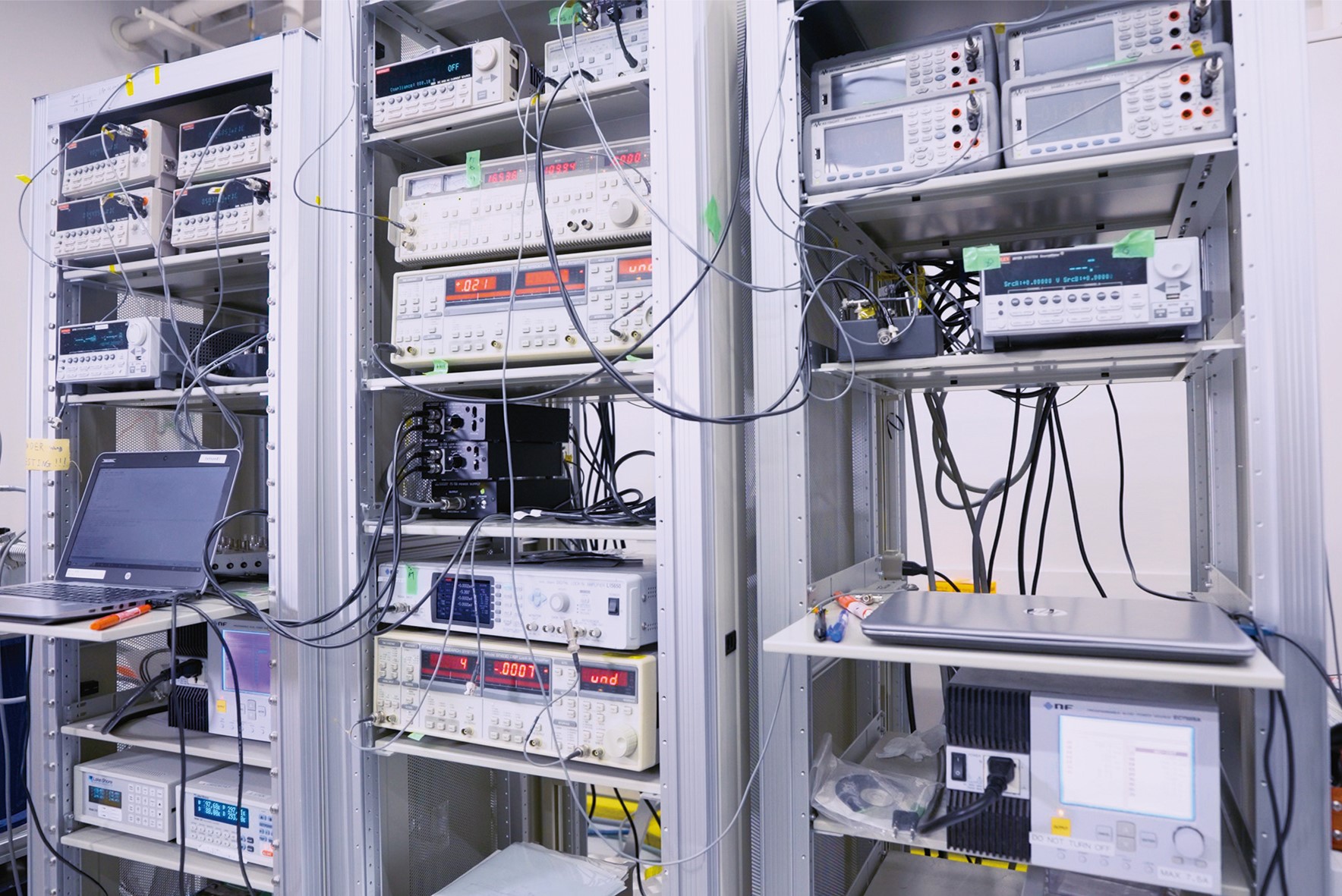
薄膜試料の低温物性計測
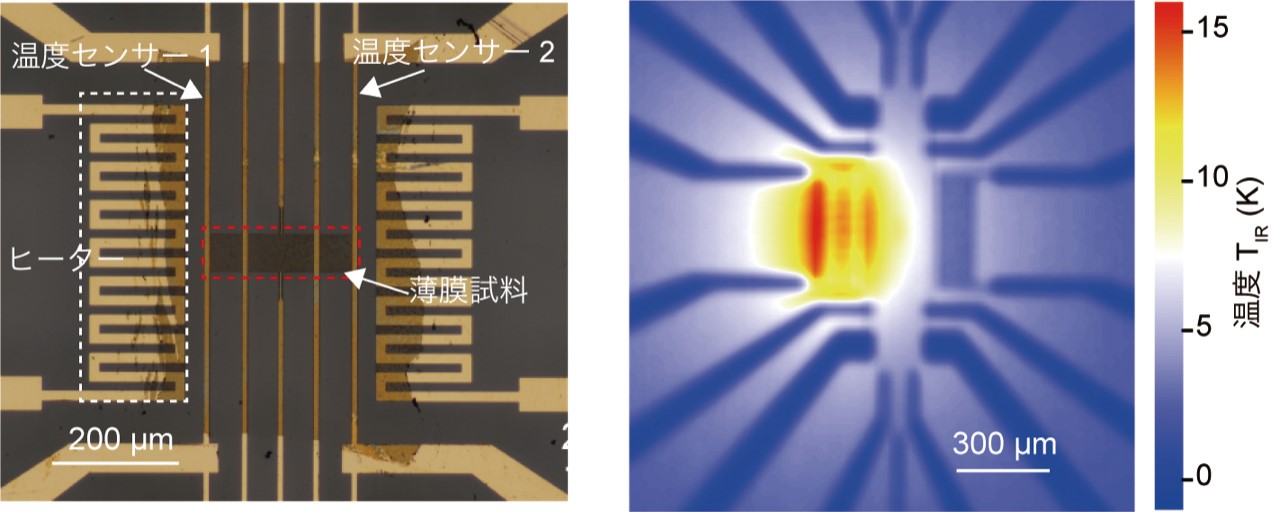
電子と熱の輸送を同時に計測可能な微細加工デバイス
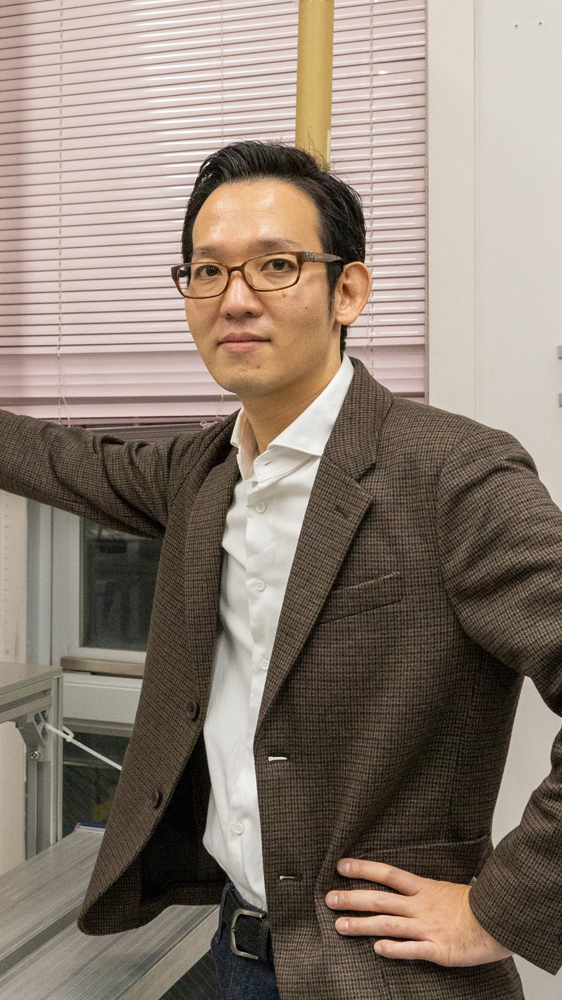
MESSAGE
HUMAN POWER IS WHAT MOVES SCIENCE FORWARD. TAKE YOUR FIRST STEP AS A SCIENTIST AND REDISCOVER YOURSELF!
Looking back, I have had the helps of many people throughout my life. My supervisor and lab mates when I was a student. My postdoctoral fellows with whom I had heated discussions almost every day when I was in the UK. Rivals from the same generation who are full of ambition. My boss who hired me when I was just starting out scientific activities, and all the students I have mentored. Without encountering amazing researchers, I would not have been able to achieve any breakthroughs in my research. As research subjects in the natural sciences become increasingly fragmented, interaction with researchers from different backgrounds is extremely important. Sometimes, a breakthrough comes from the outlandish ideas from students who have just begun their research. Our research is pinpointed at the boundary fields between organic synthetic chemistry, solid-state physics, and device engineering. This is an area where the fusion of different fields is most effective. The Watanabe Laboratory is a new laboratory that became independent in 2024, but it has colleagues and environmental covering boundary fields. Join us as you rediscover chemistry, physics, and engineering, and take your first steps as a scientist.
keyword
Spin-orbit interaction / spintronics / organic semiconductors / low-temperature physical properties / superconductivity / chemical doping / polymers
PROFILE : Associate Professor Shun Watanabe
2011 Doctor of Engineering, Department of Applied Physics, Graduate School of Engineering, Nagoya University
2011 JSPS Fellow (PD)
2011 Postdoctoral Researcher, the University of Cambridge, UK
2014 JSPS Fellow (SPD)
2014 Visiting Researcher, School of Frontier Science, The University of Tokyo
2015 JST PRESTO Researcher, PRESTO JST
2016 Project Associate Professor, School of Frontier Science, The University of Tokyo
2020 Associate Professor, School of Frontier Science, The University of Tokyo
NEW MATERIALS AND INTERFACES
We have colleagues who cover the world’s leading environmental and boundary areas.
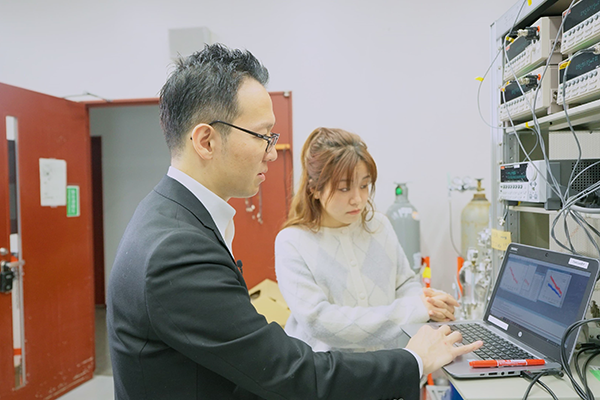
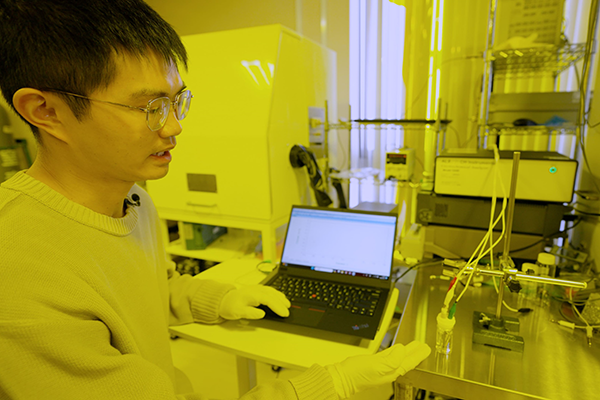
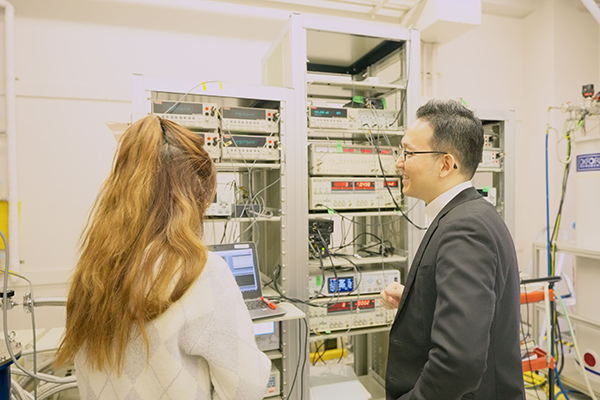
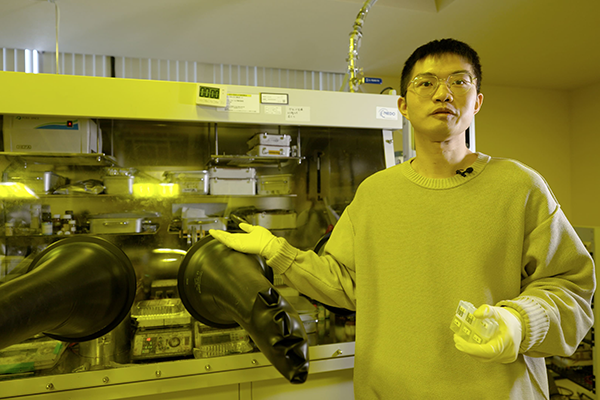
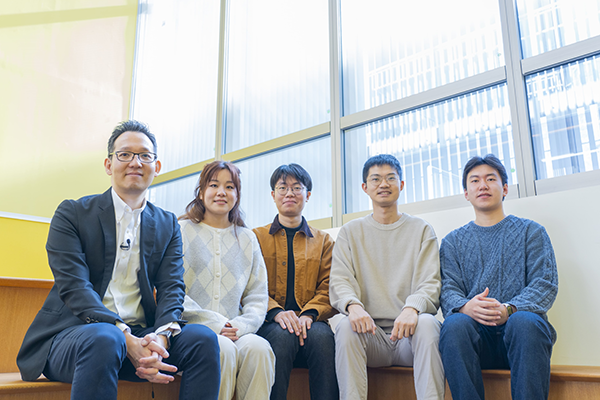
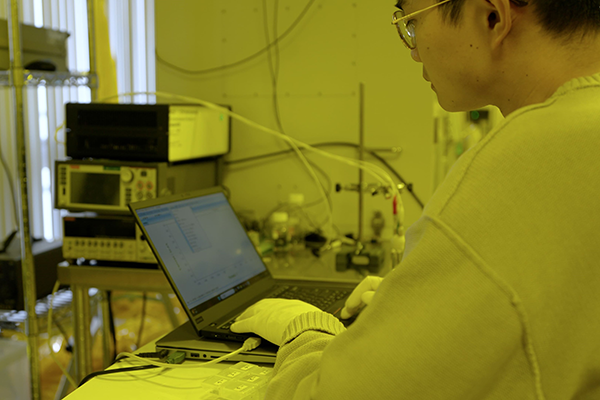
Shun Watanabe Lab.,
Department Of Advanced Materials Science,
Graduate School of Frontier Sciences,
The University of Tokyo
Kashiwanoha 5-1-5,
Kashiwa,Chiba 277-8561, Japan
+81-4-7136-3788
swatanabe@edu.k.u-tokyo.ac.jp
The Goal of Applied Physics
The goal of Applied Physics is to develop a stage = “new material” that can manipulate undeveloped degrees of freedom, to explore unknown phenomena created from that stage and to bring out excellent functions, and to bring out its excellent functions. The purpose is to contribute to the development of human society by elucidating the mechanisms and developing application fields for these phenomena and functions.
AMS (Advanced Materials Science)
Department Office
AMS (Advanced Materials Science),
Graduate School of Frontier Sciences,
The University of Tokyo
Kashiwanoha 5-1-5, Kashiwa, Chiba 277-8561, Japan
Email : ams-office(at)ams.k.u-tokyo.ac.jp
Please change (at) to @.
